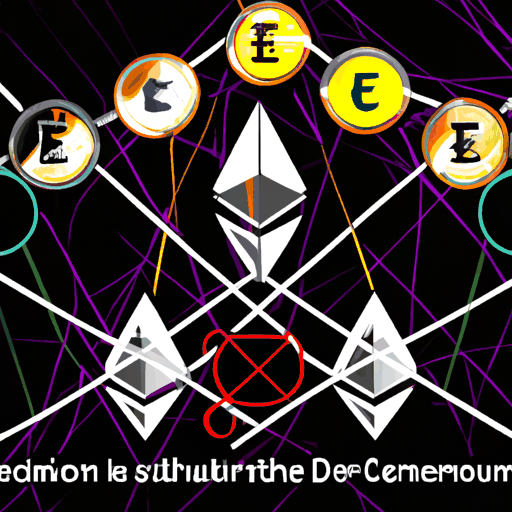
Vitalik Buterin's Concerns on Ethereum's Role and Politician Coins
By: Eliza Bennet
Vitalik Buterin, the co-founder of Ethereum, is actively addressing significant challenges and opportunities within the Ethereum ecosystem. In a substantial move, he has outlined proposals for Ethereum’s L1 and L2 scaling to tackle network demands. Buterin’s proposals delve into data throughput and proof systems designed to support Ethereum’s growing ecosystem. He emphasized that expansions to blob capacity and coordinated interoperability initiatives are key for simplifying cross-chain operations, reinforcing the need for a balanced approach that integrates technical solutions with Ethereum's social structure. Buterin pointed out that improving security on L2s with multiple proving systems and standardized bridges would ease trust assumptions, facilitating experimentation with various virtual machines.
In addition to technical advancements, Buterin addressed Ethereum’s monetary role within its ecosystem, proposing the establishment of ETH as a 'triple-point asset'. He emphasized leveraging fee burning on rollups, ongoing data fees from blobs, and on-chain revenue to cement ETH's financial standing. There is a strong call within the community to support applications using ETH as the primary collateral in this economic framework. Buterin noted that rollups could contribute some fees back into Ethereum’s ecosystem, although he cautioned that the uncertainty of demand means no single strategy offers guaranteed long-term price support for ETH. These developments come amid debates on Ethereum Foundation’s leadership and Buterin’s role, with the community urging a balance between maintaining core values and accelerating development.
Amid these Ethereum-centric discussions, Buterin has also issued a stark warning about 'politician coins', asserting their potential to threaten democracy. He labels them as a 'perfect bribery vehicle' that could undermine democratic integrity, offering politicians indirect financial gain with plausible deniability. This concern is heightened by the ease with which politician coins could be privately held, reducing transparency in political financing. Buterin argues that while markets work well for goods and services, they are unsuitable for political influence, urging politicians to avoid engaging with such digital assets without adequate safeguards.
Seeking systemic solutions, Buterin proposed frameworks to resist these vulnerabilities. He suggests distributing political power more broadly as opposed to concentrating it, which would reduce opportunities for corruption. His view complements the growing discourse on the role of cryptocurrencies and blockchain in political fundraising and engagement. This warning follows Buterin’s previous calls for innovation that prioritizes societal benefit over gains, urging regulatory oversight and structural reforms to prevent technological advancements from degrading democratic values.



